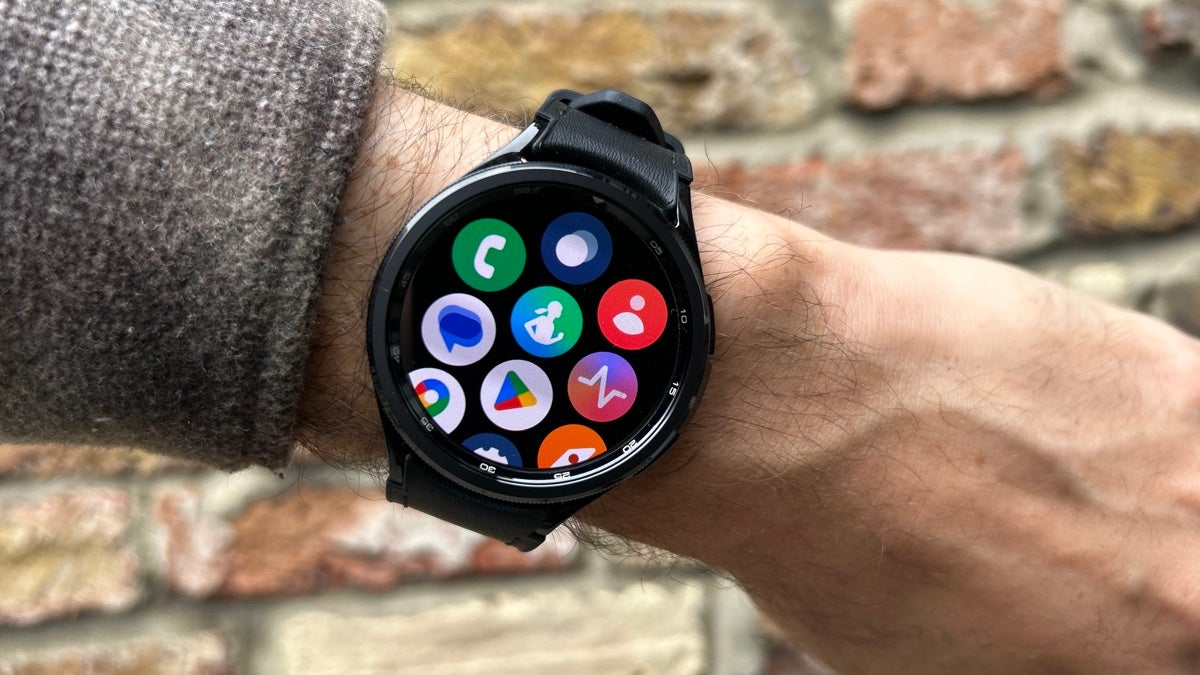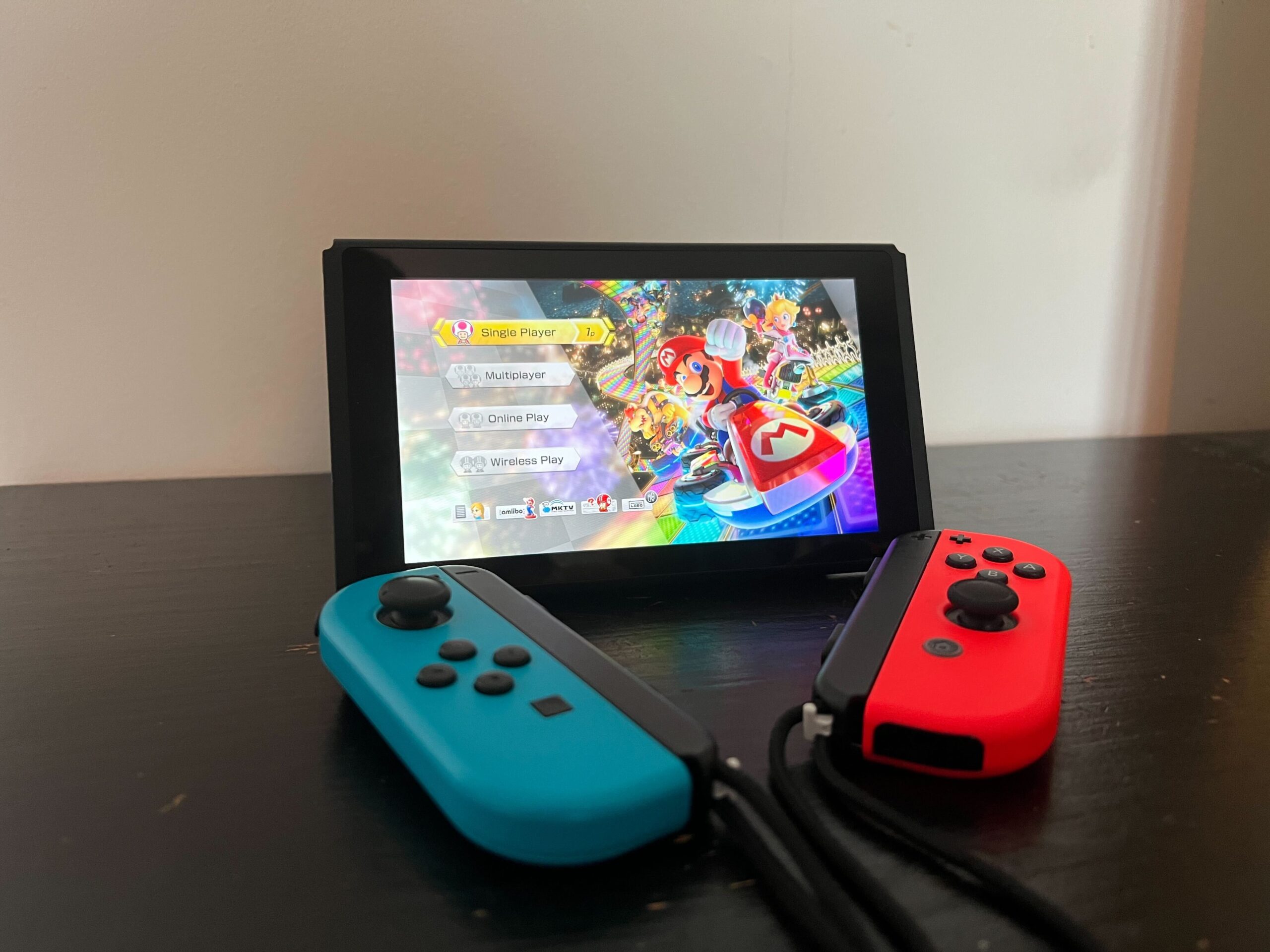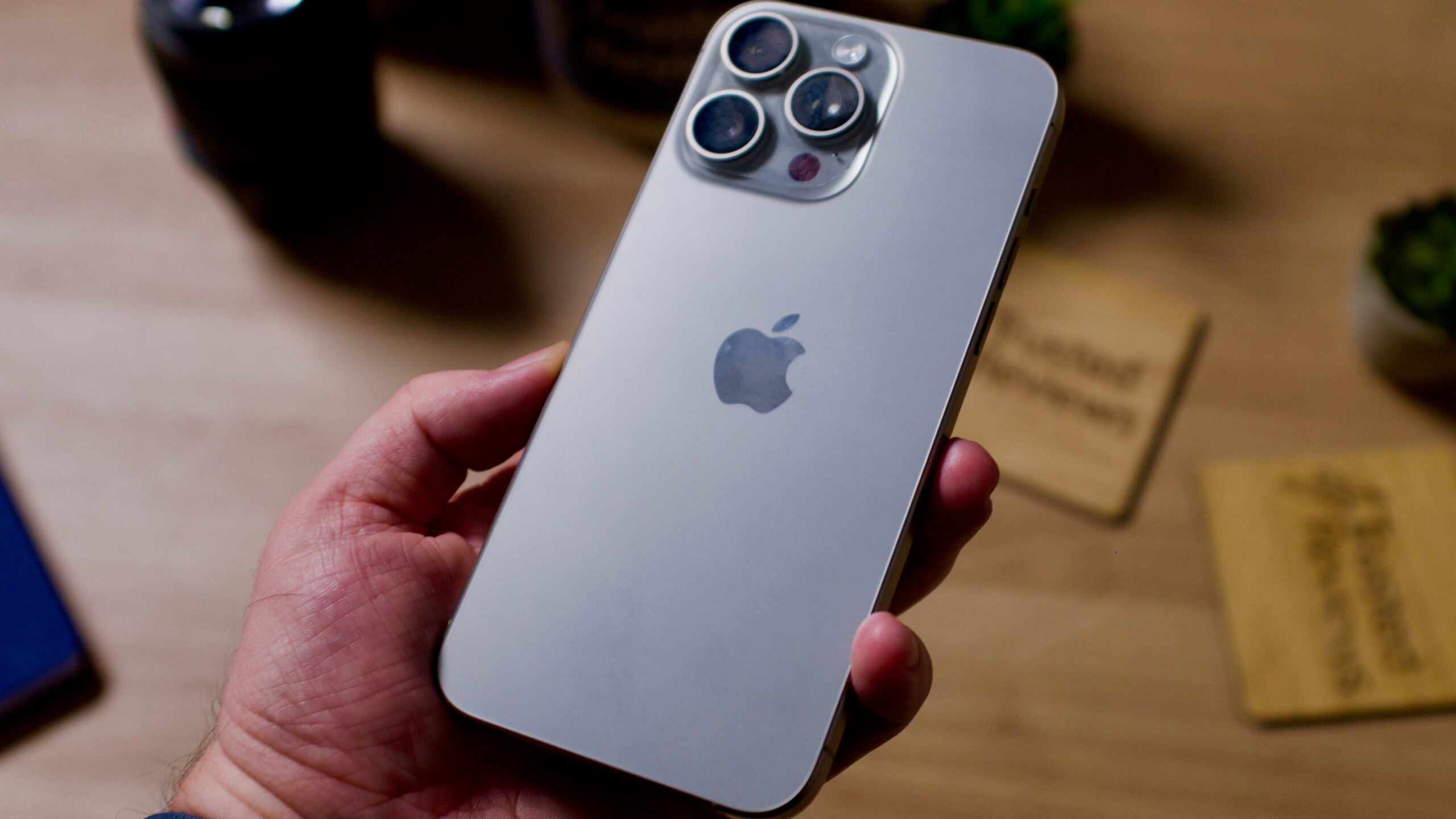iPhone 16 could share same chip as iPhone 16 Pro

Apple might use the same processor for all of its next phones, with the same A18 chip tipped for the iPhone 16 and the iPhone 16 Pro alike.
According to MacRumors, early development on iOS 18 (which will presumably launch with the iPhone 16) has thrown up some intriguing hardware references.
There are mentions of four as yet unreleased iPhone models, the D47, D48, D93, and D94. These seemingly correspond with what is known about the iPhone 16, iPhone 16 Plus, iPhone 16 Pro, and iPhone 16 Pro Max respectively.
It’s worth mentioning that the much-rumoured iPhone 16 Ultra doesn’t seem to make an appearance here, but that’s another story entirely.
What’s interesting is that all four devices will seemingly use the same chip, referred to as t8140 in the code and Tahiti within Apple HQ. This chip is the A18 processor, and the follow-up to the A17 Pro that powers the iPhone 15 Pro line.
It’s a notable change of approach from Apple, if accurate. Both the iPhone 14 and iPhone 15 families have pursued a split processor approach, with only the Pro devices using brand new system-on-chip (SoC) hardware, while the non-Pro devices use the previous year’s Pro chip offering.
This doesn’t necessarily mean that there’ll be no differentiation in processing power for next year’s iPhones, of course. Apple could well provide faster versions of the A18 chip for its two Pro models, in a similar way to how there are multiple versions of the M3 chip in the latest Macs and MacBooks.
Even so, it’s a positive move that non-Pro customers will no longer be buying last year’s technology when they upgrade.








